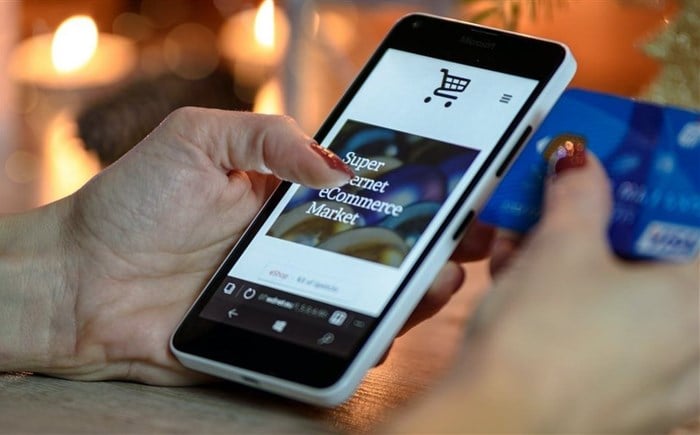The Covid-19 pandemic heralded an explosive acceleration in online retail. Statista recorded a 24% increase in global e-commerce revenue in 2020, and a further 18% increase in 2021.
South Africa followed a similar trend, but our embrace of e-commerce in 2020 was even more pronounced, especially in certain categories. Food and beverages were the phenomenal success stories, showing 64% and 40% revenue growth respectively in 2020.
The global cost of living crisis that has struck in 2023 takes place in this environment of e-commerce maturity and heightened consumer comfort with online shopping. As inflation hits peaks last seen decades ago, and interest rates soar in response, consumers are embracing new models that make shopping more affordable and convenient.
One such model, which is proving transformative in several countries, is group buying, or “social e-commerce”. Social e-commerce platforms allow groups of individual consumers to easily coordinate buying activities, benefiting from group discounts.
Social e-commerce platforms such as Pinduoduo in China and Facily in Brazil have quietly scaled beyond expectations – Facily was valued at $850m in 2021, and Pinduoduo recorded revenue of $18bn in 2023.
In South Africa, the social e-commerce market is led by SOLshop. SOLshop connects wholesalers and customers in one friendly ecosystem, allowing individuals to conveniently access daily discounts on hundreds of products through the SOLshop app.
Jonathan Holden, COO at SOLshop, says, “In an economic environment of persistent low growth and high inflation, we’ve seen an explosion of interest in our ability to coordinate group buying and give everyday consumers access to extraordinary savings. The response to SOLShop has been exceptionally positive, offering consumers a glimmer of light in these challenging times. It’s interesting to note, as we celebrate Women’s Month, that 70% of our customers are female.”
SOLshop collaborates directly with local farmers and producers, allowing lower-than-wholesale prices on food, including fruits and vegetables, as well as household and beauty products. SOLshop users form groups of friends or other app users to access these deals. The more shoppers that collaborate, the bigger the savings.
SOLshop has a large and growing delivery zone and 15+ pickup points around Johannesburg. Currently, the delivery area covers Sandton, Bryanston, Fourways, Randburg Central, Roodepoort, Midrand, СBD & Soweto.
As well as the collective-buying mechanism, social e-commerce platforms often replicate the social experience of shopping, with personalised recommendations, promotions, and fun engagement mechanisms. They result in closer relationships between producers and consumers, and a rise in word-of-mouth advertising.
Holden concludes, “We anticipate that the group-buying model has the potential to scale significantly in South Africa. We’re a well-connected country with a high cellphone penetration rate, and we could all benefit from lowering our grocery and household-item budgets, while building networks and communities.”







































